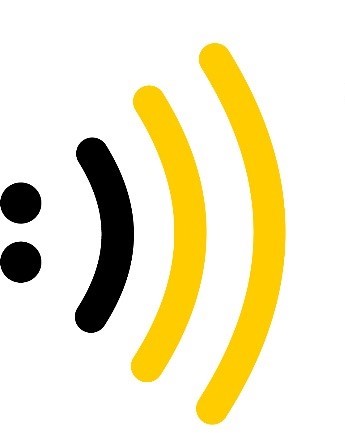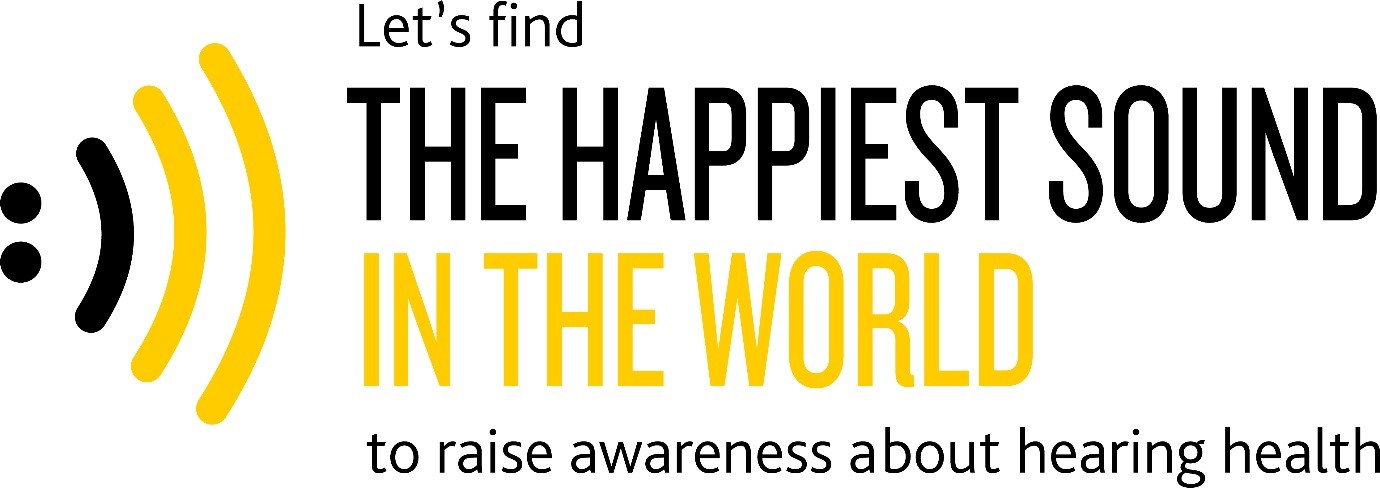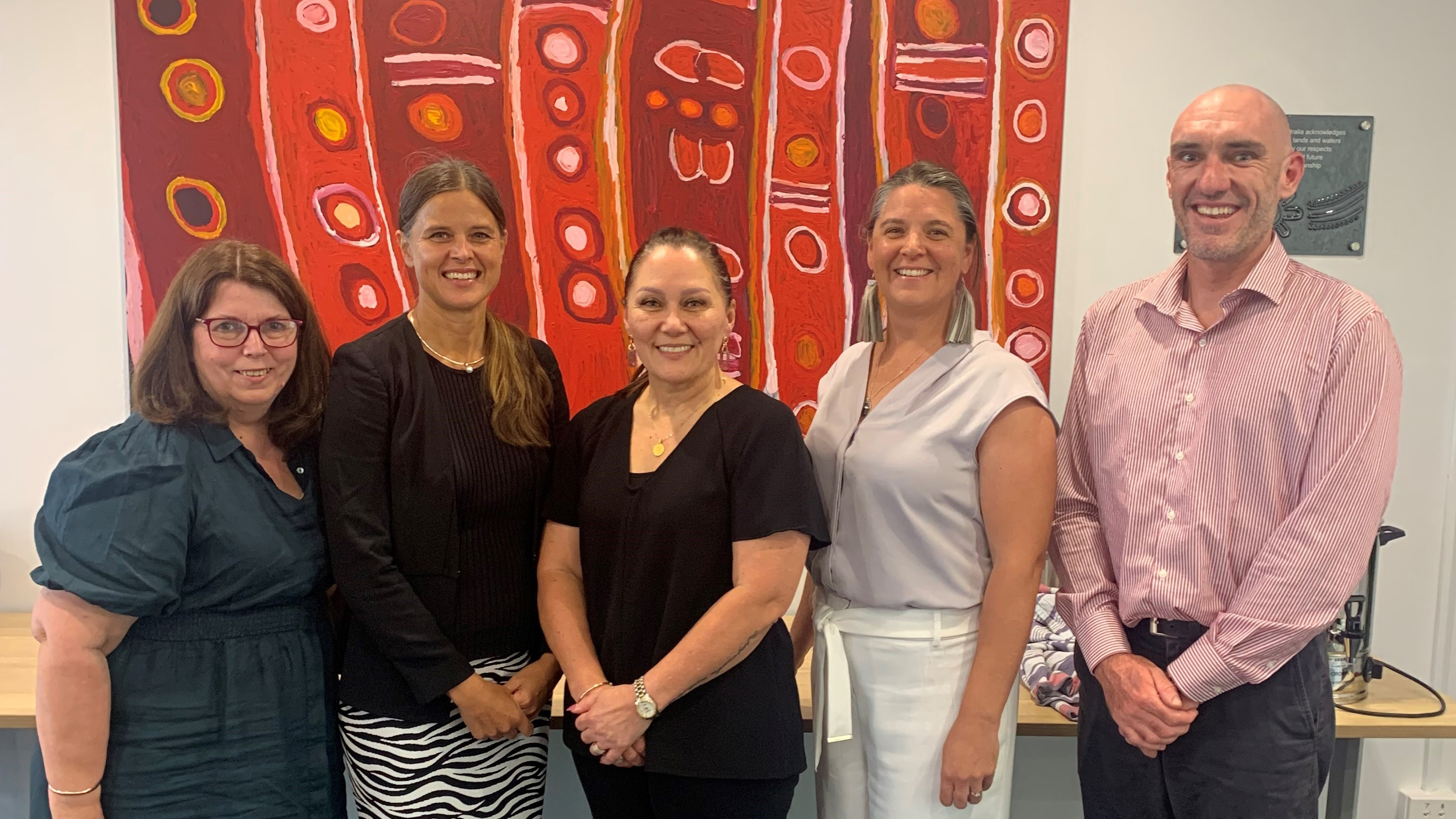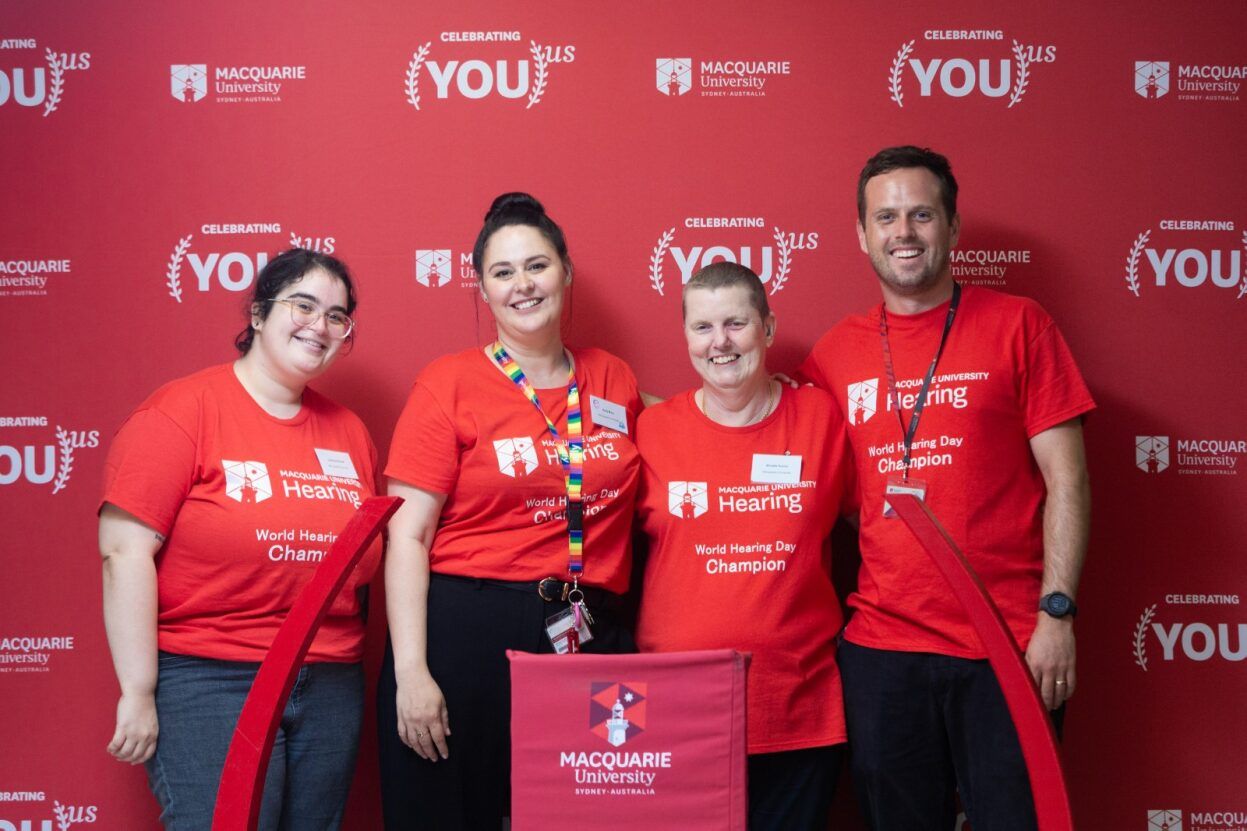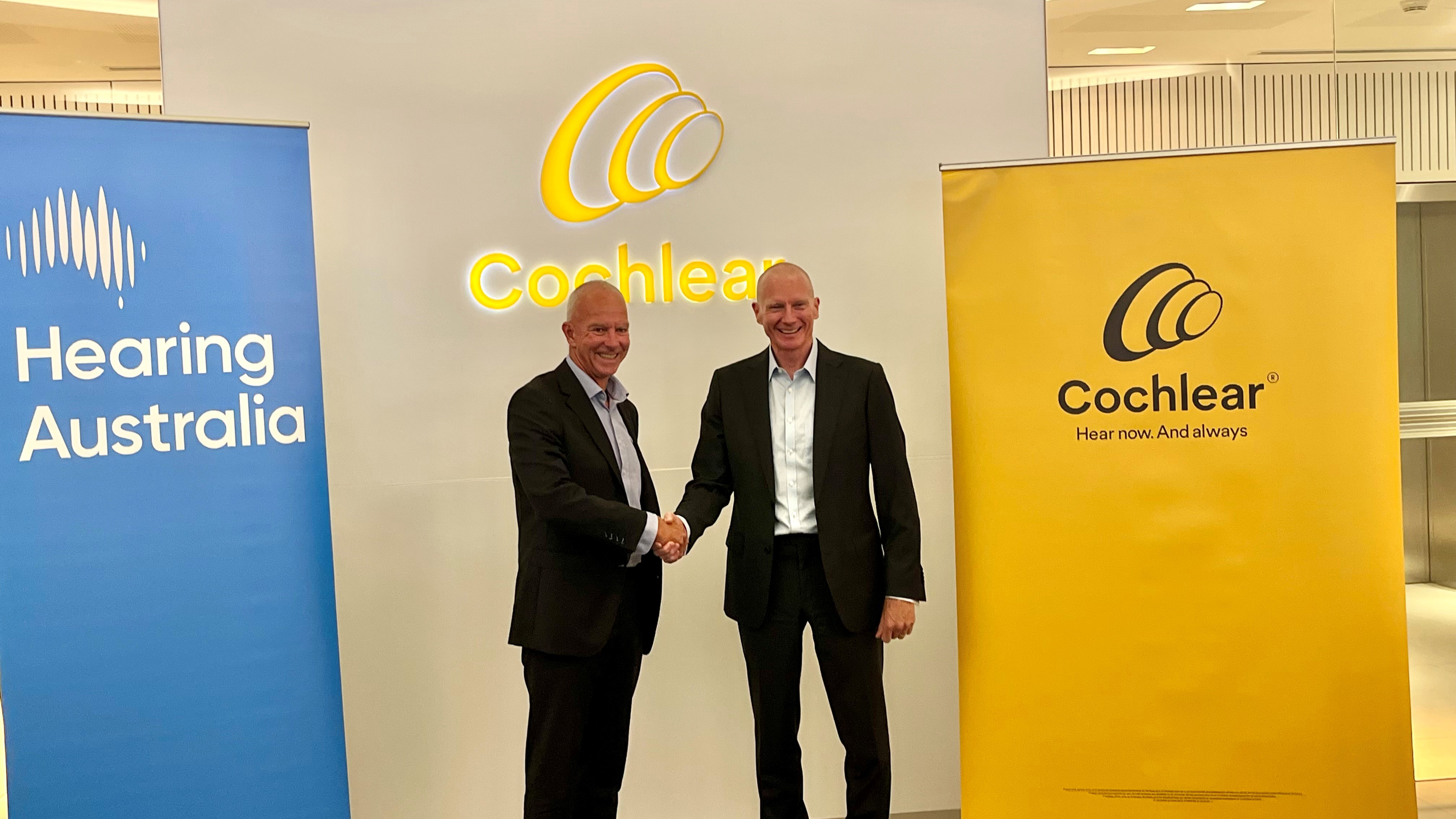For some people it’s the sound of a child laughing, for some, it is waves breaking on the beach. Cochlear Limited has launched a campaign to find out what the world’s happiest sound is to raise awareness about the importance of hearing health care and preventing hearing loss.
From February 2017, Cochlear asked people from Sydney to Sao Paulo and London to Los Angeles to share their #HappiestSound. People shared their happiest sound through video, audio, photograph or even wrote about it and then posted it on social media using the hashtag #HappiestSound.
Sounds have been aggregated on the website happiestsound.com, where a free Happiest Sound video will also be made available at the conclusion of the campaign. Now that all sounds have been shared, they have been categorised, counted, and an official ‘Happiest Sound’ has been announced today to celebrate World Hearing Day! The happiest sound in the world is children laughing.
World Hearing Day is an international initiative from the World Health Organization (WHO), and aims to raise awareness and promote hearing health across the world.
Chris Smith, Chief Executive Officer and President of Cochlear welcomed the launch of the campaign and encouraged people to join in global activities aimed at raising awareness about the importance of hearing health care.
“Our recipients are at the heart of everything we do and each day we see the remarkable impact of restoring sound has on a person’s life. On World Hearing Day this year we are looking forward to spreading the word about the importance of hearing,” explained Mr Smith.
Hearing loss is a major public health issue and its impact is set to increase. According to the WHO, there are 360 million people living with disabling hearing loss worldwide1 and this figure is projected to reach 1.2 billion by 2050.2
In adulthood hearing loss is associated with greater unemployment, increased risk of poor health, depression and greater risk of other conditions including dementia.3 More and more evidence shows cochlear implantation for adults is an effective intervention for a much wider group of candidates than had previously been thought.3
“Hearing loss is often not thought of as a debilitating public health issue and as a result there is often not a lot of awareness. Many people will live with disabling hearing loss for a number of years before finding an appropriate intervention. That’s why the World Hearing Day theme ‘Action for hearing loss: make a sound investment’ is so important to people around the globe who could be helped,” added Mr Smith.
References
1) Factsheet number 300 [Internet]. World Health Organization; c2016 [cited 6th January 2017]. Available from: http://www.who.int/mediacentre/factsheets/fs300/en/
2) 10 Facts on Deafness [Internet]. World Health Organization; c2016 [cited 6th January 2017]. Available from: http://www.who.int/features/factfiles/deafness/facts/en/
3) Adult Cochlear Implantation: Evidence and experience / The Case for a Review of Provision [Internet]. The Ear Foundation; c2016 [cited 6th January 2017]. Available from: www.earfoundation.org.uk





